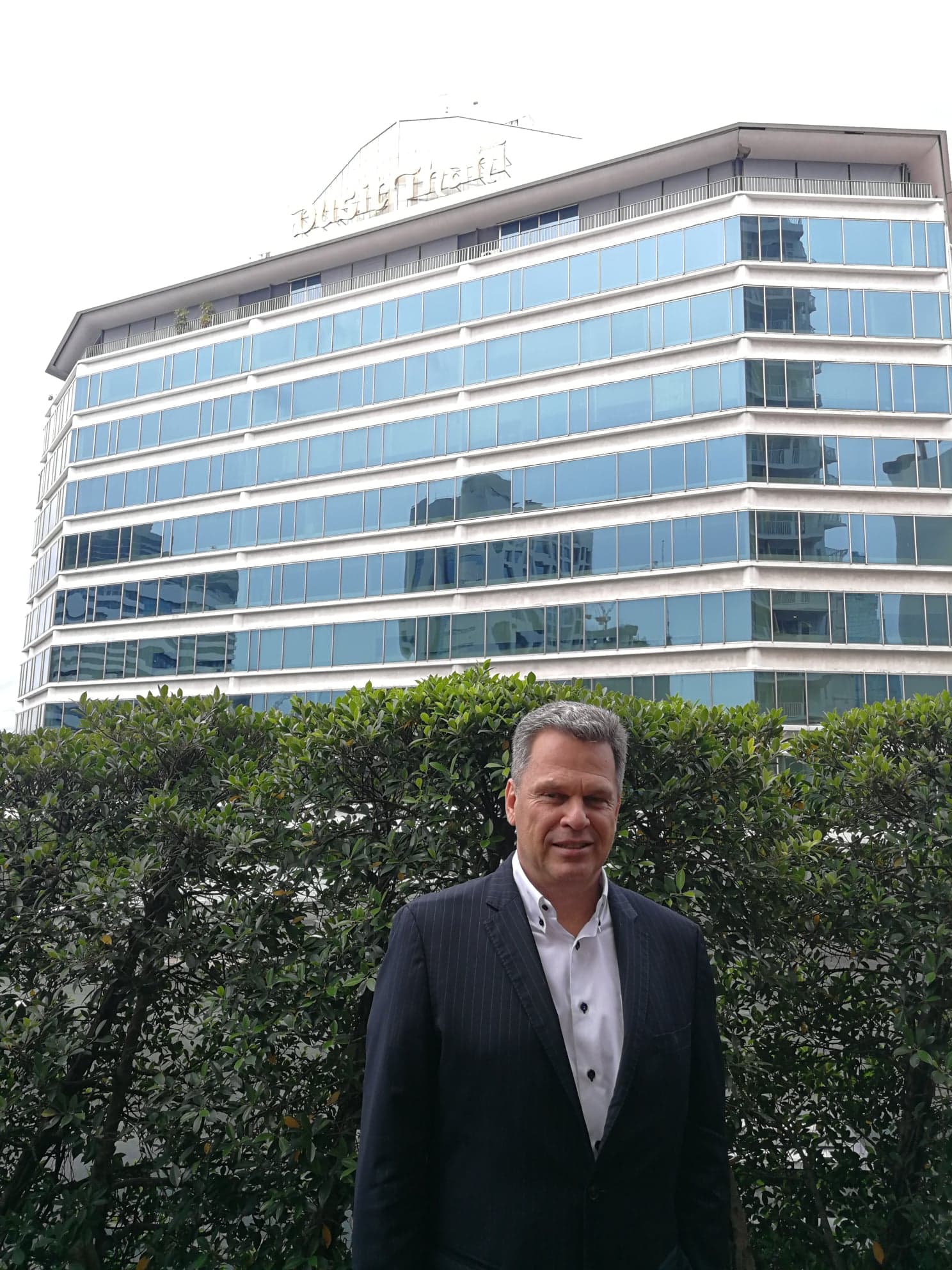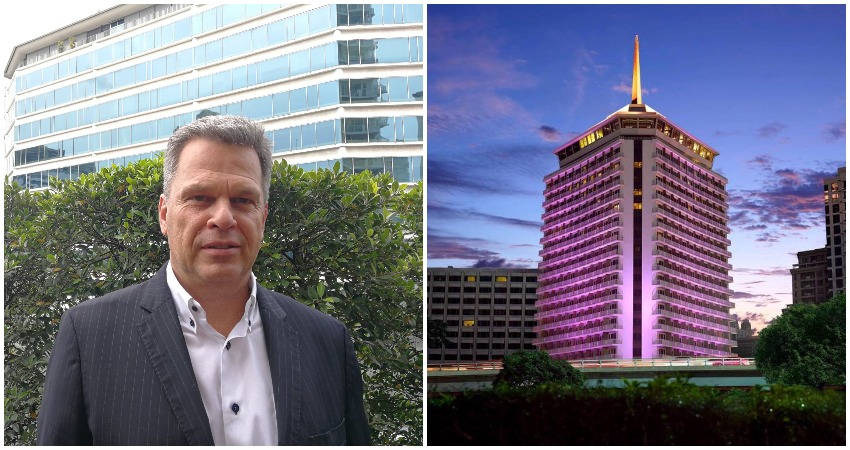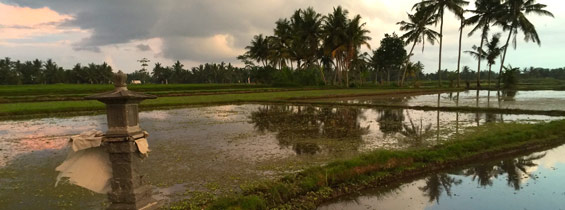Coco Travel sat down with Dusit Thani’s newly appointed Senior Vice President of Development Marc Hediger, to find out what happens after the “grand dame” flagship Dusit Thani hotel, which has graced the top of Silom Road for decades, prepares to take her final bow in January — and what it means for the brand’s future.
We spoke to Hediger last month about the company’s first Singapore property, an unexpectedly modern luxury golf resort. When he spoke about the Singapore property, he called it “crucially important for us to showcase a place like that in what I call a ‘gateway city,’ a place so many people pass through. It’s part of the new direction and lifestyle that Dusit is aiming for.”

When we chatted with him at the grand old Silom hotel a few weeks ago, he told us: “We have lots of properties, but some of them are dusty, like this one. This one has a special glamour, but at the same time, you have to evolve with the times.”
Though it might make fans of vintage Thai luxury sad to hear such a hotel spoken about as a relic, most would admit that the place has seen better days. The majestic first Dusit Thani, even if outdated, has been a landmark in Bangkok since opening its doors in 1970.
But despite the closure — scheduled for January 5 and expected to take 3-4 years before they open the new Bangkok Dusit Thani in the same place as a “mixed-use” facility that will include a residence, hotel, retail, and office space — the company is growing. Hediger said that Dusit has 50 properties in development around the world. However, he says was not at liberty to reveal details about them yet.
The only one he could talk about was a health-centric, farm-style retreat, built around natural hot springs, in Guangzhou, China. Though the hotel is already open, it’s getting a major revamp to be made into a full-scale destination for the healthy living set.
When faced with the question on everyone’s mind: just what will the new Dusit Thani Bangkok will look like, he answered diplomatically. “It will be a landmark, a new icon for Bangkok. When this place opened in ‘70, it made an impact. It set the stage for luxury, it had the first swimming pool in Bangkok, the first American-style service, you had everybody and his dog stay here. It set the scene. Not just in Thailand, but in Asia too. Of course, you have Raffles, and other dames around Asia, but this one…” he trailed off.
As for the design of the building itself, he also couldn’t confirm details — but revealed that many of the existing hotel’s trees will be incorporated in the new design, as well as the building’s well-known spire and other elements guests love.
When asked if he thought that, in the process of modernizing, Dusit Thani might alienate some core clientele, who adore the old-world charm, Bedinger admitted that the brand’s superfans might be turned off. But he also noted that “you have to think of the clientele, they are aging — the younger clientele, they just don’t come, or they come for events, but they don’t stay. So, while the older ones still frequent, they are gonna die out. You kinda have to think: onward.”
“What we know is, there will always be that element of sadness, and that, in a way, is the beauty of it. But, at the same time, they know it needs to be refreshed, the staff and the guests know. You have to change with the times and those times demand more contemporary design, more integrated open areas, but we will keep that Dusit thread throughout.”
The “Dusit thread” he’s referring to: those Thai design accents, artwork, soft furnishings, the conduct and manners of the staff.
To extend the Thai feeling further, they also hope to install a signature Thai restaurant in each property.
But the question remains — as the brand modernizes, can they reinvent themselves as modern enough to appeal to a new millennial clientele while retaining their stalwart supporters?





